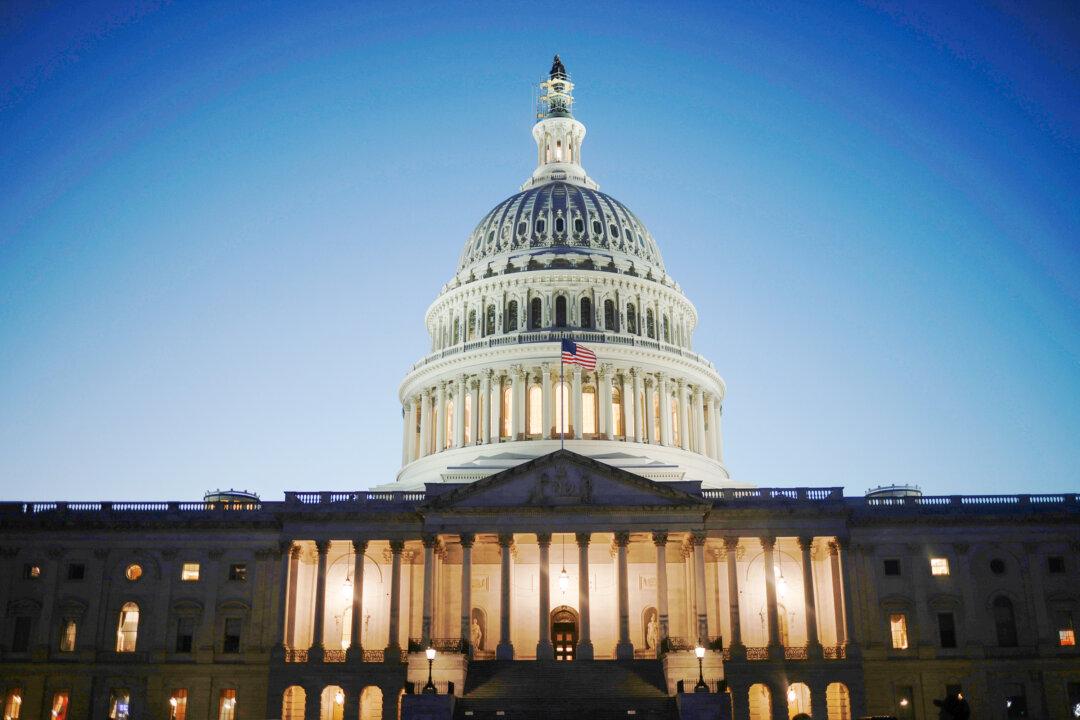The House Rules Committee will consider whether to advance a House version of the 2025 National Defense Authorization Act (NDAA) to a floor vote during a hearing on Tuesday.
The NDAA serves as the annual military and defense budget. The House version of this year’s bill comes in at about $883 billion and currently includes funding for continuing military aircraft, ships, vehicles, and weapons programs, as well as a 4.5 percent pay raise for U.S. service members across the board, and a 19.5 percent pay raise for some junior service members.





